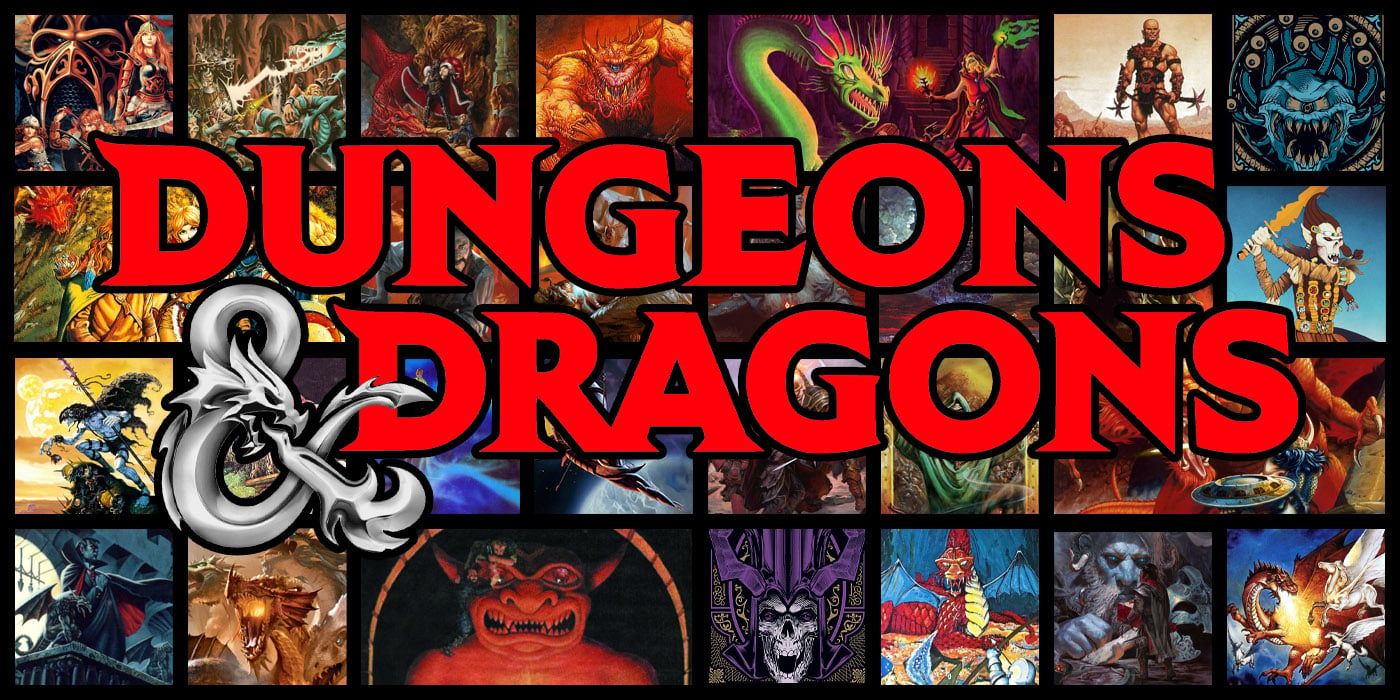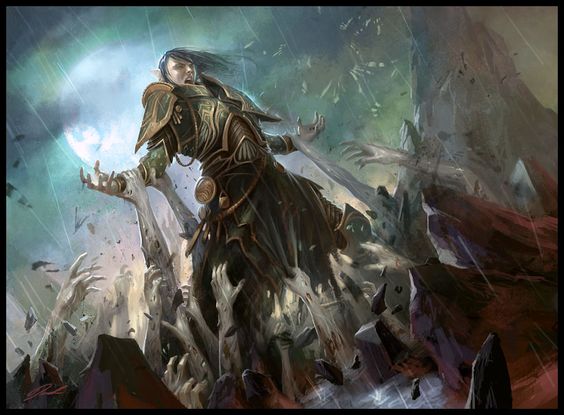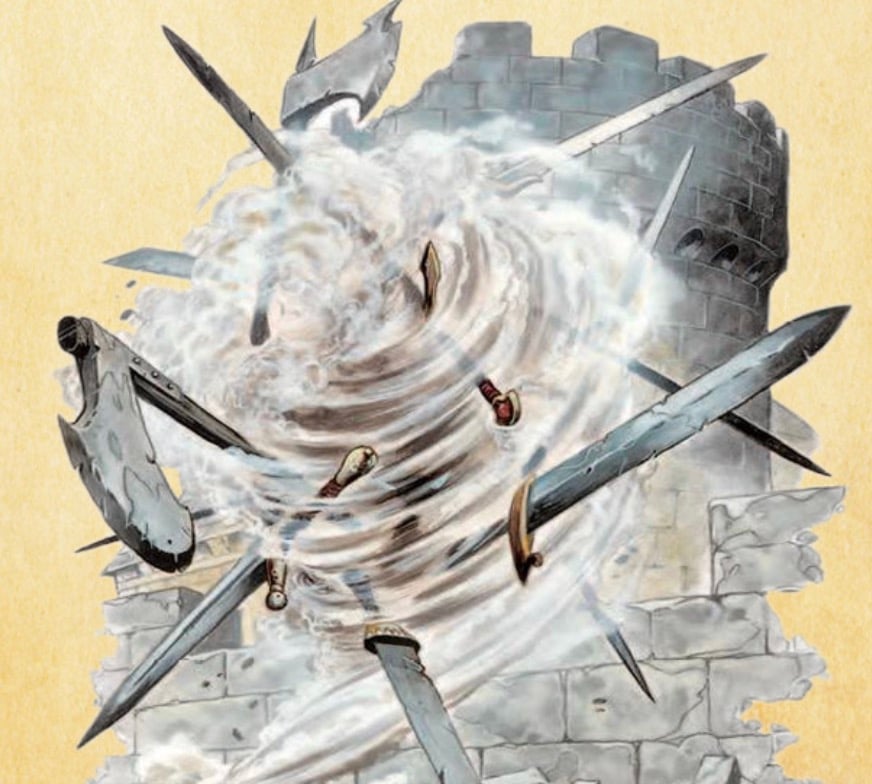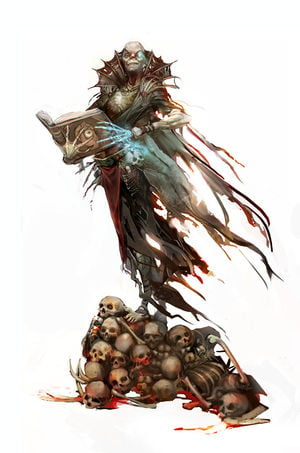D&D: How-To Deal With A Powerful Enemy


Combats in Dungeons and Dragons can be a harrowing ordeal–especially with the bevy of high-level monsters introduced in Mordenkainen’s Tome of Foes. Being able to control an enemy when you can’t defeat them outright can be clutch. Here are some tricks you can use to lock them down.
Dealing with powerful opponents can be tricky. It’s hard enough to fight a band of orcs–harder still to take on a legion of devils led by a burning, fallen angel, now an archduke of one of the Nine Hells. If your DM is particularly into designing challenging encounters, you’re already fighting enemies in waves or encountering traps as part of it.
Here are a few quick tips to give you an edge in dealing with your opponent. Now there are plenty of ways of killing an enemy outright–assassins can auto-crit an unaware target and can easily take out a target of comparable level/hit points–but enemies in D&D tend to be a little more resilient than the average Orc Warrior. With the exception of the average Orc Warrior, of course. The heart of each of these is finding a way to remove an enemy from the fight in some way or another.
Control Spells
Perhaps the most obvious choice here are control spells. These are spells that are designed to take a single target out of the fight–things like Confusion or Hold Monster or Banishment can easily turn the tide of battle. They’re a little swingy, because they will all grant your target a save–but a Banishment applied on the right target can keep a well-protected and hard-hitting fighter out of the fight until your party’s dealt with the rest of the encounter, or lock down a spellcaster while you chew through their meatshields.
The ultimate denial spell is Force Cage, which can instantly and without giving a save, shut down a single target that can fit into a 20′ cube that relies on melee–or can shut a large or smaller creature immediately out of the fight.
Of course spells like Power Word Kill and the like are more permanent versions of this–but they often have a hit point limit, and the higher up you go, the more hit points enemies tend to have.
Plausible Deniability
Or if you can’t outright shut down your opponent, you can deny them their solid footing. One problem that Control Spells will run into though, is particularly powerful enemies have Legendary Resistance. If they fail a save, they can auto-pass instead. Now you can eventually burn through those uses (usually 3/day) but there are plenty of monsters who are resistant to control spells like that.
That’s when spells that don’t effect Legendary creatures come into play. Things that simply damage creatures for being there–taking damage is a surefire way to discourage someone from being near an area. Wall of Flame is the iconic example of an area denial spell. You set it up, and creatures that approach one side of it take 5d8 damage automatically just for showing up.
Clerics have a ton of options like these–Guards and Wards and Spiritual Guardians are all great examples of area denial spells. Same goes for spells that change the environment, spells like Spike Growth or Entangle are a great way to discourage an enemy from entering a spot, though these ones, again, allow saves.
Show Some Restraint
Don’t have magic? Well why not grapple your enemies–you won’t keep them from attacking, but you can keep them in one place. Especially if your party has brought along a little spell I like to call Enlarge/Reduce, which I guess also the designers of the game like to call it that because that’s what they did. You give yourself advantage on strength checks and increase your size, making it that much easier to grapple something and drag them where they need to be
Boost Your Immune System
This one’s a little trickier because it requires some planning ahead. But if you know you’re going to face down your enemy, and know they can overcome your save or suck spells, and might even push through your area denial spells or teleport out of a grapple–make yourself immune to their attacks. Finding magic items or spells that can protect against an enemy’s damage types can keep you from harm. Spells like Otiluke’s Sphere can keep lesser magics at bay.
No Dying
Not exactly what I meant…
The final thing you can do is just prepare to win the battle of attrition. This is a time honored strategy–basically try and run the monster out of hit points and abilities before you are spent. A couple of spells can help shore up your defenses here. Death Ward is a rarely-seen (at least in my games) one that can come through in surprisingly clutch scenarios. It lets you stay at 1hp the first time you’d drop to 0 or less or survive an instant death effect once in an 8 hour period. All without requiring concentration.
Other contingency spells (healing ones especially) can help keep you in the fight while your enemies grind themselves out of abilities. The best way to maximize efficiency here is to combine it with perhaps my favorite tactic for dealing with a powerful enemy:
Run Away
It’s the last thing your DM will be expecting. When the fight starts, give it a round, maybe two–then book it. Either flee, or teleport away, or reveal that you were somehow in disguise and elsewhere the whole time. The best way to win is to not be fighting the encounter in the first place.
And then your DM will know how you feel when his villains just miraculously “escape” despite the fact that you completely shut down that tough encounter.
Happy adventuring!








